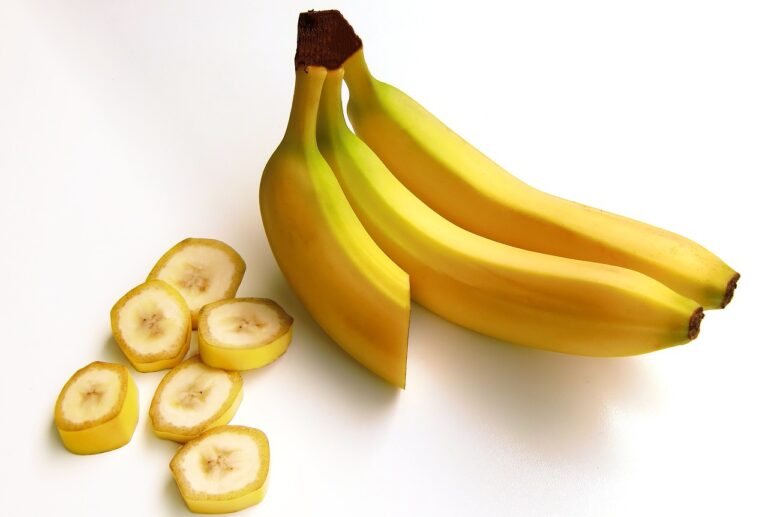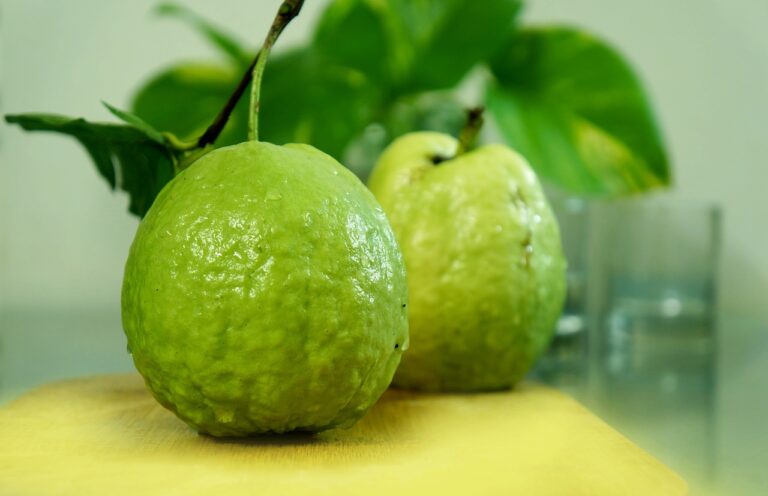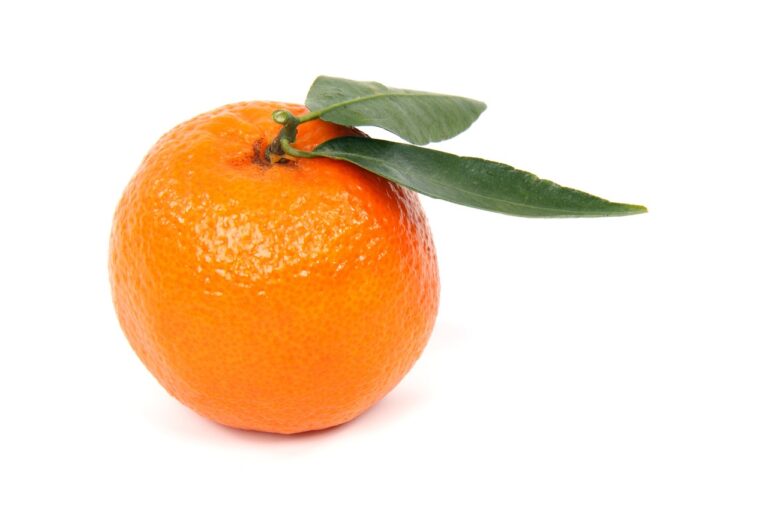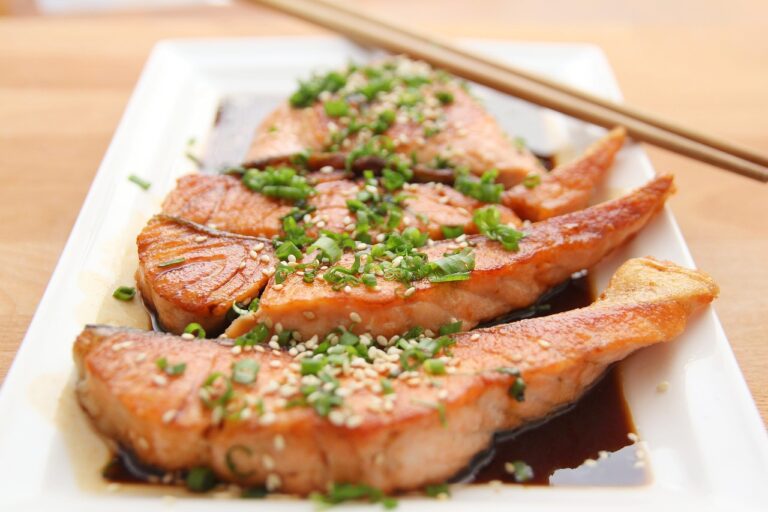Here Are 10 Reasons Why You Are Cravings Greasy Food
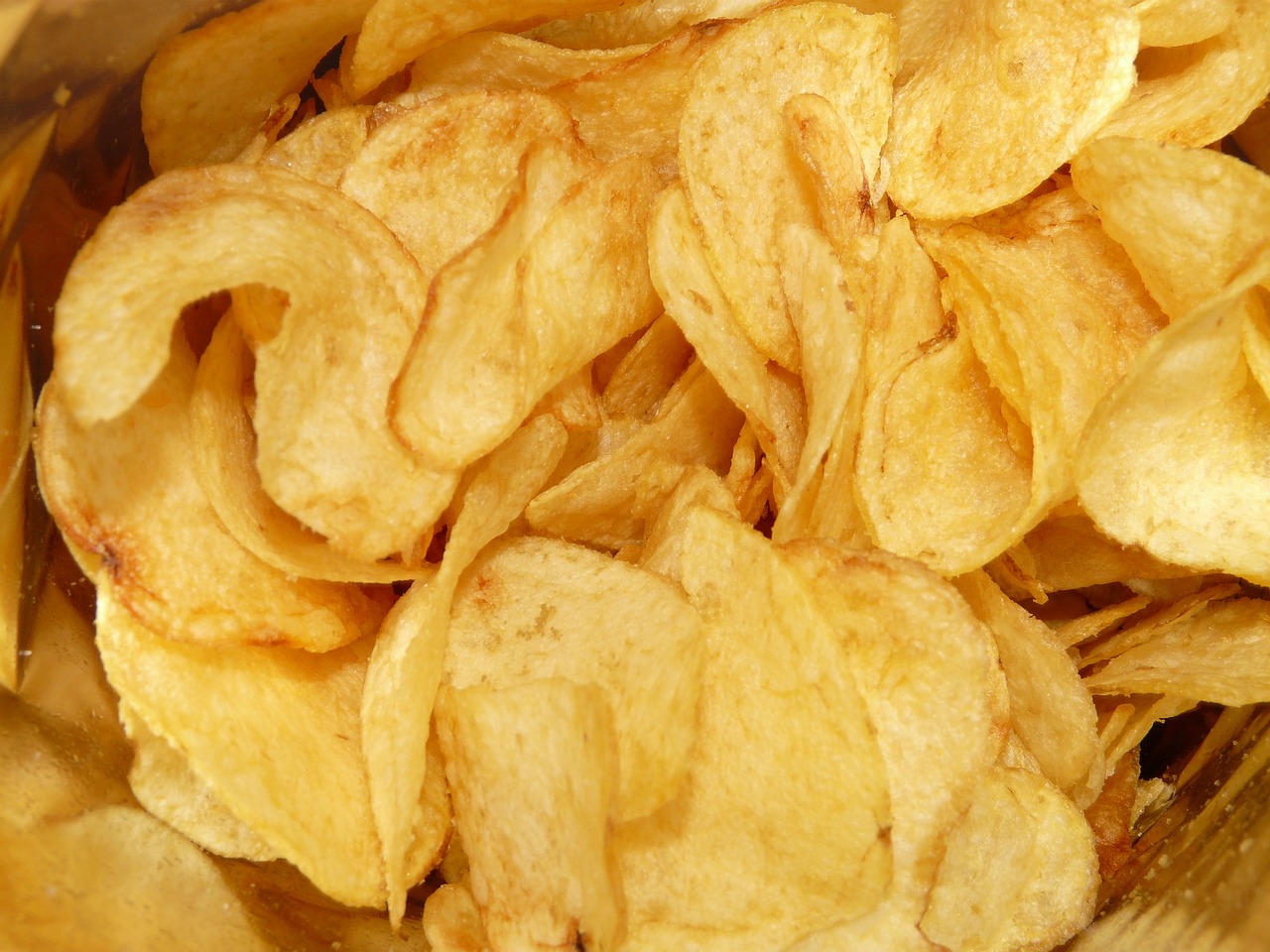
Food cravings are something we all experience from time to time. One such irresistible yearning many of us are familiar with is for greasy food. Whether it’s a juicy burger, crispy fries, or a slice of pizza dripping with melted cheese, the allure of greasy food is hard to deny. In this article, we’ll explore ten reasons behind these cravings and shed light on their origins.
Why Am I Craving Greasy Food?
1. Evolutionary Perspective
Cravings for high-fat foods can be traced back to our ancestors. Early humans required high-energy foods to survive in their harsh environments, and fat provided the most energy per gram.
Greasy foods, therefore, have an evolutionary advantage. Our brains have been wired to seek them out because they promise a rich source of energy. This ancient instinct still influences our food choices today, even if we no longer require such a dense energy source.
2. Emotional Comfort
Many people turn to greasy foods as a form of emotional comfort. There’s a reason it’s called “comfort food.” These dishes can evoke feelings of warmth, security, and nostalgia.
For many, indulging in greasy food is akin to a warm hug after a long day. The richness and taste can temporarily elevate mood and provide a brief escape from stress or sadness.
3. Brain Chemistry
Greasy foods can trigger the release of certain chemicals in the brain, such as dopamine. Dopamine is often referred to as the “feel-good” neurotransmitter.
When we eat fatty foods, this dopamine release can provide a temporary feeling of happiness and satisfaction. Over time, our brain may start to associate greasy foods with these pleasurable feelings, leading to increased cravings.
4. Social Conditioning
From birthday parties to movie nights, greasy foods often play a central role in our social gatherings. Over time, we come to associate these foods with good times and camaraderie.
As a result, our brains might signal a desire for greasy foods not just for their taste, but also for the positive memories and feelings they evoke. Eating them can feel like revisiting those good times.
5. Hormonal Fluctuations
Hormonal changes, especially in women, can influence food cravings. For instance, during certain phases of the menstrual cycle, women might experience a heightened desire for high-fat foods.
This is partly because of the fluctuating levels of hormones like progesterone and estrogen, which can influence appetite and mood, making greasy foods more appealing during specific times.
6. Dietary Restrictions
Ironically, the more we try to restrict certain foods from our diet, the more we might crave them. This is because depriving oneself can lead to increased fixation on the forbidden item.
When we constantly deny ourselves the pleasure of greasy foods, we might inadvertently make them more enticing. The allure of the “forbidden fruit” can sometimes be too hard to resist.
7. Physical Need for Fat
While we often view greasy foods as unhealthy, our bodies do need fats to function correctly. Fats play a crucial role in various bodily functions, including vitamin absorption and hormone production.
If our diet lacks essential fats, our body might signal a craving for greasy foods to fulfill this deficit. It’s a way for our body to tell us what it needs to maintain balance.
8. Lack of Sleep
Studies have shown that sleep deprivation can lead to increased cravings for unhealthy foods, particularly those high in fats and sugars. When we’re tired, our body seeks quick energy sources.
Greasy foods can provide that quick energy hit, making them more appealing when we’re running on little sleep. It’s a short-term solution, but it explains why we might gravitate towards them during those sleep-deprived moments.
9. Cultural Influence
The media and pop culture play a significant role in shaping our food preferences. From advertisements to movies, greasy foods are often portrayed as desirable, delicious, and fun.
Being constantly bombarded with these messages can condition us to crave these foods more, seeing them as a symbol of enjoyment and indulgence.
10. Habitual Consumption
Lastly, if we’re used to consuming greasy foods regularly, it becomes a habit. Like any habit, breaking away from it can be challenging.
Over time, our palate gets accustomed to the rich flavors and textures, making us more inclined to opt for them out of familiarity and routine, even if we’re not necessarily hungry.
Craving Greasy Food After Drinking
After a night out drinking, many people find themselves yearning for greasy food, a craving that isn’t just imagined but has physiological roots. Alcohol consumption tends to increase the sense of hunger by affecting blood sugar levels and altering brain chemicals that regulate fullness. As the body processes alcohol, it can cause blood sugar levels to dip, leading to feelings of hunger even if one has consumed enough calories. Additionally, greasy foods can seem particularly appealing because they are calorie-dense, providing the quick energy the body seeks during a state of recovery.
Moreover, greasy foods can offer a placebo effect of mitigating the next day’s hangover, which although largely unsubstantiated by science, is a widespread belief. The high fat content in greasy food slows down the absorption of alcohol, providing a sense of prolonged satiation and comfort. This fatty indulgence, however, can be taxing on the digestive system, which is already working overtime to metabolize the alcohol, leading to possible gastrointestinal distress. Nevertheless, the immediate sensory gratification often overrides these concerns in the moment of indulgence.
Craving Greasy Food During Period
The menstrual cycle can have a profound impact on dietary cravings, and a heightened desire for greasy food during this time is a common experience. Hormonal fluctuations are at play here, particularly the ebb and flow of estrogen and progesterone. These hormonal changes can affect neurotransmitters in the brain such as serotonin, which is involved in mood regulation and appetite. Lower levels of serotonin are associated with a greater appetite for carbohydrates and fats, hence the pull towards greasy foods which provide a quick, comforting energy boost.
In addition to hormonal changes, the menstrual cycle can bring about physical discomfort and emotional stress, which people often seek to alleviate with food that is high in fat and flavor. Greasy foods can be particularly appealing as they are thought to trigger the brain’s reward centers, providing a temporary feeling of well-being and pleasure. This effect might be sought after even more during a period when pain and discomfort are present. However, it’s important to consider balanced nutrition during the menstrual cycle, as a diet rich in whole foods can help manage symptoms and maintain energy levels.
Craving Greasy Food During Pregnancy
Cravings during pregnancy are the body’s way of signaling for what it needs or desires, and a common yearning among expectant mothers is for greasy food. The reasons behind this craving can be multifaceted. Hormonal changes during pregnancy can drastically alter taste preferences and can make the body demand more calories to support the growing fetus. Greasy foods, being high in calories, seem like a quick and easy solution to satiate this heightened need for energy. Additionally, these foods can bring a sense of comfort and nostalgia, perhaps reminding expectant mothers of their own childhood or less stressful times.
Yet, there is also an adaptive theory suggesting that these cravings could be tied to an evolutionary benefit, where in the past, calorie-dense foods might have offered the additional energy necessary for a successful pregnancy. However, in modern times, an overindulgence in greasy food during pregnancy can lead to excessive weight gain and associated health issues such as gestational diabetes. It is essential for pregnant women to find a balance, perhaps satisfying cravings with smaller portions of greasy food and complementing their diet with healthier options rich in nutrients that support fetal development and maternal health.
Craving Greasy Food When Sick
When feeling under the weather, some individuals might find themselves longing for greasy food, though intuitively it may seem that lighter fare would be more appropriate. This paradoxical craving could be attributed to the body’s instinctive need for quick energy to fight off illness, as well as a psychological desire for comfort during a time of discomfort. Greasy foods are calorie-dense and may provide a temporary lift in spirits and energy, which can be appealing when energy levels are low due to sickness.
However, while the body may crave quick energy, it’s also important to consider that greasy foods can be harder to digest, especially when the body is already taxed with combating an illness. Digestive processes can be slowed down during sickness as the body conserves energy for the immune response. Therefore, although the immediate satisfaction of eating greasy food may feel comforting, in the long term, it may not be beneficial for recovery. It might be better to opt for foods that are easier to digest and can provide sustained energy without overwhelming the digestive system.
Conclusion
Understanding the reasons behind our cravings can be empowering. While there’s no harm in indulging every once in a while, being aware of why we crave certain foods can help us make more informed choices and maintain a balanced relationship with food. Whether it’s a deep-seated evolutionary instinct or a memory of good times, the allure of greasy foods is both complex and deeply personal.

